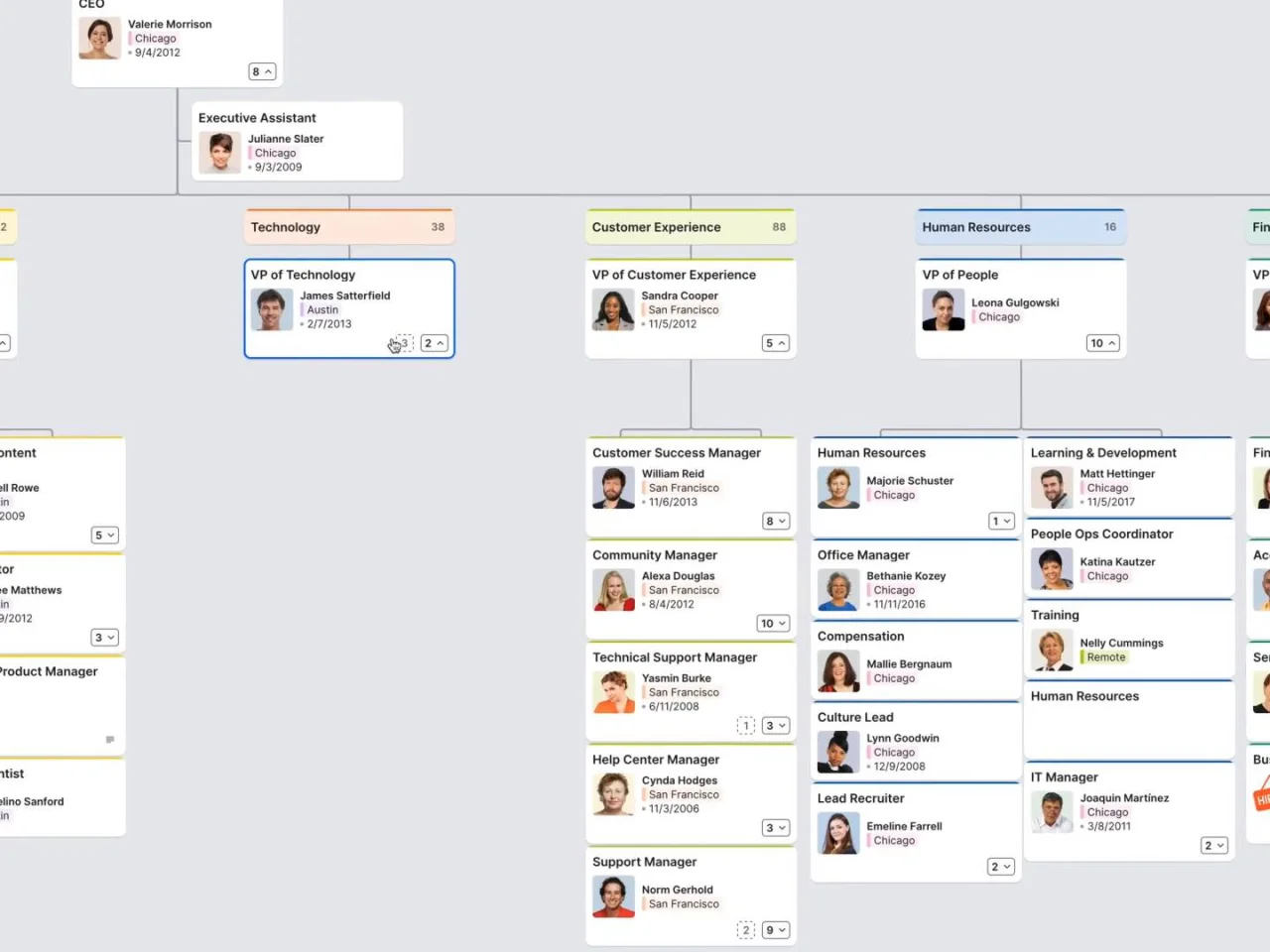.org Domains: Understanding Their Significance And Benefits
.org domains have become one of the most recognized and trusted domain extensions on the internet. Originally intended for non-profit organizations, .org domains have expanded their reach to include a variety of entities and individuals. This article explores the significance of .org domains, their benefits, and how they can impact your online presence.
In today's digital age, choosing the right domain extension is crucial for establishing credibility and trust among your audience. Whether you are running a non-profit organization, a community project, or a personal blog, a .org domain can provide a sense of legitimacy and purpose. This article will delve deep into the features of .org domains, their history, and why they are an excellent choice for various online ventures.
As we navigate through this comprehensive guide, you will gain valuable insights into the world of .org domains. From understanding the registration process to exploring the advantages of using .org for your website, this article aims to equip you with the knowledge needed to make informed decisions about your online presence.
- Patajack The Rising Star In The World Of Online Gaming
- Exploring The Lives And Careers Of Nicola Philippaerts And Jessica Springsteen
Table of Contents
- History of .org Domains
- Benefits of .org Domains
- Who Should Use .org Domains?
- How to Register a .org Domain
- Best Practices for .org Domains
- SEO Impact of .org Domains
- Case Studies of Successful .org Domains
- Future of .org Domains
History of .org Domains
The .org domain was one of the original top-level domains (TLDs) established in January 1985. Initially, it was designated for non-profit organizations, allowing them to establish a presence on the internet. Over the years, however, the usage of .org domains has diversified, and many for-profit entities and individuals have adopted this domain extension.
As the internet evolved, the Internet Corporation for Assigned Names and Numbers (ICANN) took over the management of domain names, including .org. Today, .org domains are managed by the Public Interest Registry (PIR), which focuses on supporting and promoting the use of .org for organizations that serve the public good.
Benefits of .org Domains
Choosing a .org domain comes with several advantages that can enhance your online presence. Here are some key benefits:
- Piddy Feat Nelly Murphy Lee Hake Ya Tailfeather A Musical Journey
- Exploring The Life And Adventures Of Alex Honnold The Climber Who Redefined Free Soloing
- Credibility: .org domains are often associated with trust and credibility, making them an excellent choice for non-profits and advocacy groups.
- Community Focus: The .org extension is recognized for its community-oriented nature, appealing to organizations that aim to make a positive impact.
- SEO Benefits: While domain extension alone does not guarantee SEO success, many users perceive .org domains as more authoritative, which may indirectly benefit your rankings.
- Global Recognition: .org domains are recognized worldwide, making them a suitable option for organizations with a global presence.
Who Should Use .org Domains?
.org domains are ideal for various types of entities, including:
- Non-Profit Organizations: Charities, foundations, and social enterprises often benefit from the credibility that a .org domain provides.
- Community Groups: Local clubs, societies, and community initiatives can effectively use .org domains to promote their mission.
- Educational Institutions: Schools, universities, and research institutions can enhance their online presence with a .org domain.
- Advocacy Groups: Organizations that focus on social issues, environmental concerns, or public awareness campaigns can use .org domains to rally support.
How to Register a .org Domain
Registering a .org domain is a straightforward process. Follow these steps to secure your domain:
- Choose a domain name that reflects your organization or purpose.
- Visit a domain registrar that offers .org domain registrations.
- Check the availability of your desired domain name.
- Complete the registration process by providing your details and payment.
- Configure your domain settings, including DNS management and website hosting.
Best Practices for .org Domains
To maximize the benefits of your .org domain, consider the following best practices:
- Branding: Ensure that your domain name aligns with your brand and mission.
- Secure Your Domain: Protect your domain from unauthorized transfers by enabling two-factor authentication.
- Maintain Transparency: Clearly communicate your organization’s purpose and goals on your website.
- Optimize for SEO: Use relevant keywords in your website content to improve search visibility.
SEO Impact of .org Domains
While the choice of domain extension is just one of many factors influencing SEO, .org domains can have a positive impact on your search engine rankings. Here are some considerations:
- Authority: Search engines often view .org domains as authoritative, especially if they are associated with reputable organizations.
- Backlink Opportunities: .org domains tend to attract backlinks from other credible sites, enhancing overall domain authority.
- User Trust: Users are more likely to click on .org links due to perceived trustworthiness, leading to higher click-through rates.
Case Studies of Successful .org Domains
Many organizations have successfully leveraged .org domains to achieve their goals. Here are a few notable examples:
- Wikipedia (.org): As one of the largest online encyclopedias, Wikipedia utilizes its .org domain to promote knowledge sharing and community contributions.
- Red Cross (.org): The American Red Cross effectively uses its .org domain to raise awareness and funds for disaster relief efforts.
- Charity: Water (.org): This organization uses its .org domain to educate the public about the global water crisis and garner support for clean water initiatives.
Future of .org Domains
The future of .org domains looks promising as more organizations recognize the value of this extension. With an increasing number of non-profits and community-focused initiatives emerging, the demand for .org domains is expected to grow. Additionally, the ongoing efforts of the Public Interest Registry to support and promote .org domains will further solidify their relevance in the digital landscape.
Conclusion
In conclusion, .org domains play a crucial role in establishing credibility and trust for organizations and individuals alike. Their association with non-profit and community-focused entities makes them an ideal choice for those looking to make a positive impact online. Whether you are starting a new non-profit, a community initiative, or simply want to share your passion with the world, a .org domain can be a valuable asset.
We encourage you to consider the information provided in this article and take action to secure your .org domain today. If you have any questions or thoughts, feel free to leave a comment below. Don't forget to share this article with others who may benefit from it or explore more of our content for further insights!
Final Thoughts
Thank you for reading! We hope this article has provided you with valuable information about .org domains. We invite you to return to our site for more engaging content and insights into the world of online presence and digital strategy.
- Jack Dorseys Wife Understanding The Life And Influence Of The Partner Of A Tech Icon
- Exploring The Lives And Careers Of Nicola Philippaerts And Jessica Springsteen

Does Microsoft PowerPoint have an org chart?

C Level Org Chart PowerPoint Template

Org Structure Clipart School